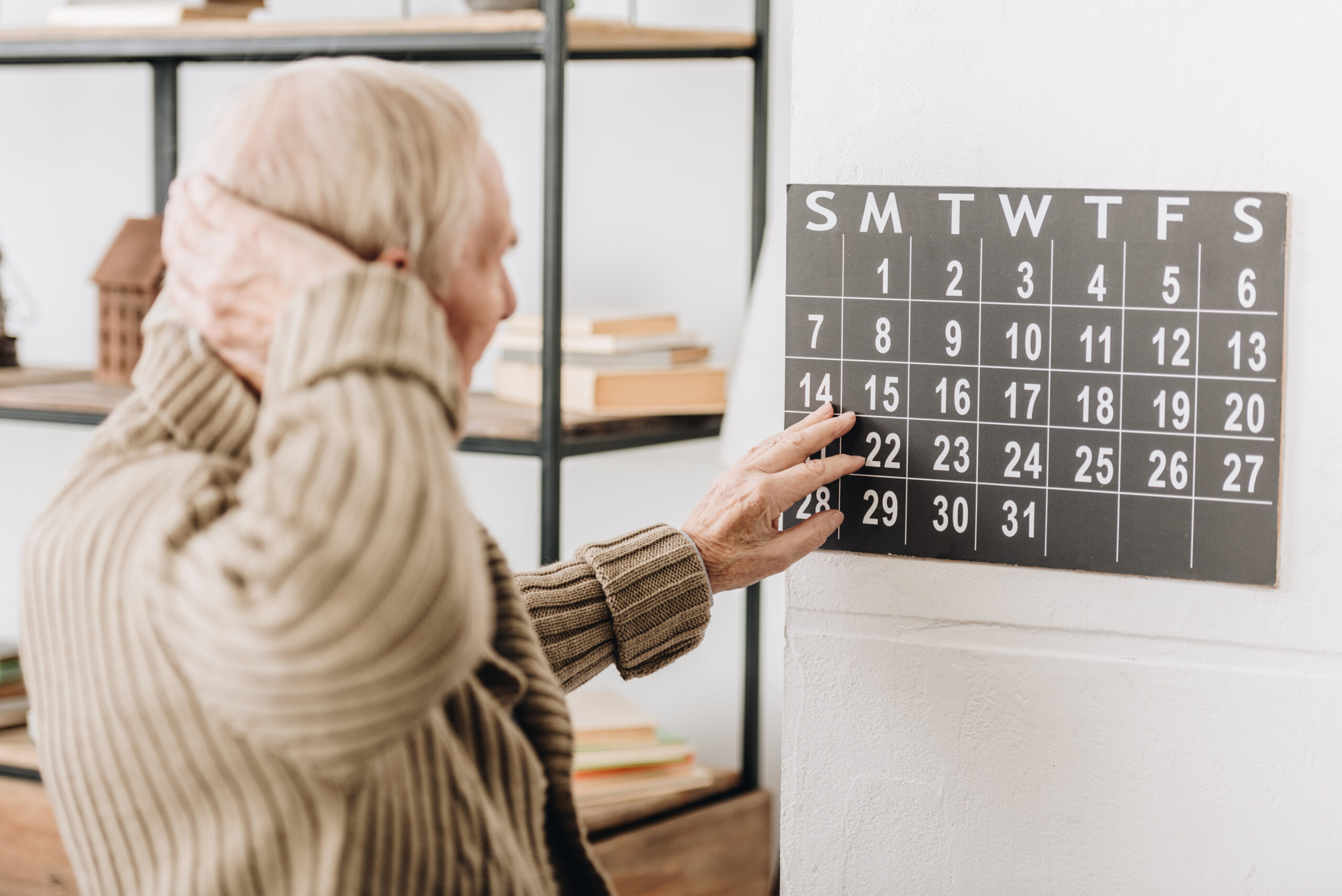Strategies for Reducing Anxiety During Personal Care
Reducing anxiety during personal care is essential for maintaining both mental and physical well-being. Personal care routines can sometimes trigger anxiety, whether it’s due to stress about appearance, fear of social judgment, or simply feeling overwhelmed by daily tasks. Here are some effective strategies to help manage anxiety during personal care activities.
## Understanding Anxiety in Personal Care
Anxiety can manifest in various ways during personal care, such as feeling anxious about grooming, worrying about appearance, or experiencing stress related to health and hygiene routines. Recognizing these triggers is the first step towards managing them.
## Strategies for Reducing Anxiety
### 1. Mindfulness and Breathing Exercises
Mindfulness involves focusing on the present moment, which can help reduce worries about the future or past. Deep breathing exercises, such as diaphragmatic breathing or the 4-7-8 method, can calm the nervous system and reduce tension. These techniques can be practiced during personal care activities like bathing or dressing.
### 2. Grounding Techniques
Grounding techniques help shift focus from anxious thoughts to the physical environment. For example, the 5-4-3-2-1 technique involves noticing five things you can see, four things you can touch, three things you can hear, two things you can smell, and one thing you can taste. This can be particularly helpful during activities like getting ready in the morning.
### 3. Cognitive Restructuring
This involves challenging negative thoughts and replacing them with more balanced ones. For instance, if you think, “I look terrible,” you can reframe it as, “I am doing the best I can with what I have.” This technique can help reduce anxiety related to appearance or self-image.
### 4. Physical Activity
Engaging in physical activity, even if it’s just a short walk, can release endorphins, which are mood-boosting chemicals. Incorporating some form of exercise into your daily routine can help reduce overall anxiety levels.
### 5. Journaling
Writing down your thoughts and feelings can help identify patterns and triggers of anxiety. It also serves as a healthy outlet for emotions, allowing you to process and manage them more effectively.
### 6. Sleep Hygiene
Getting enough sleep is crucial for managing anxiety. Establishing a consistent sleep schedule and creating a relaxing bedtime environment can improve the quality of your sleep, which in turn helps reduce anxiety.
### 7. Nutrition and Hydration
Eating a balanced diet and staying hydrated can significantly impact mood and anxiety levels. Avoiding caffeine and sugary foods, which can exacerbate anxiety, is also important.
### 8. Social Support
Connecting with friends or family members can provide emotional support and help manage anxiety. Sharing your feelings with someone you trust can make a big difference in how you cope with stress.
## Implementing These Strategies
To start reducing anxiety during personal care, begin by incorporating one or two strategies into your daily routine. For example, you might start with deep breathing exercises during your morning routine or practice mindfulness while taking a bath. Over time, you can add more techniques as you become more comfortable with them.
By adopting these strategies, you can better manage anxiety and make personal care a more enjoyable and relaxing experience. Remember, taking care of yourself is not just about physical health; it’s also about nurturing your mental well-being.





